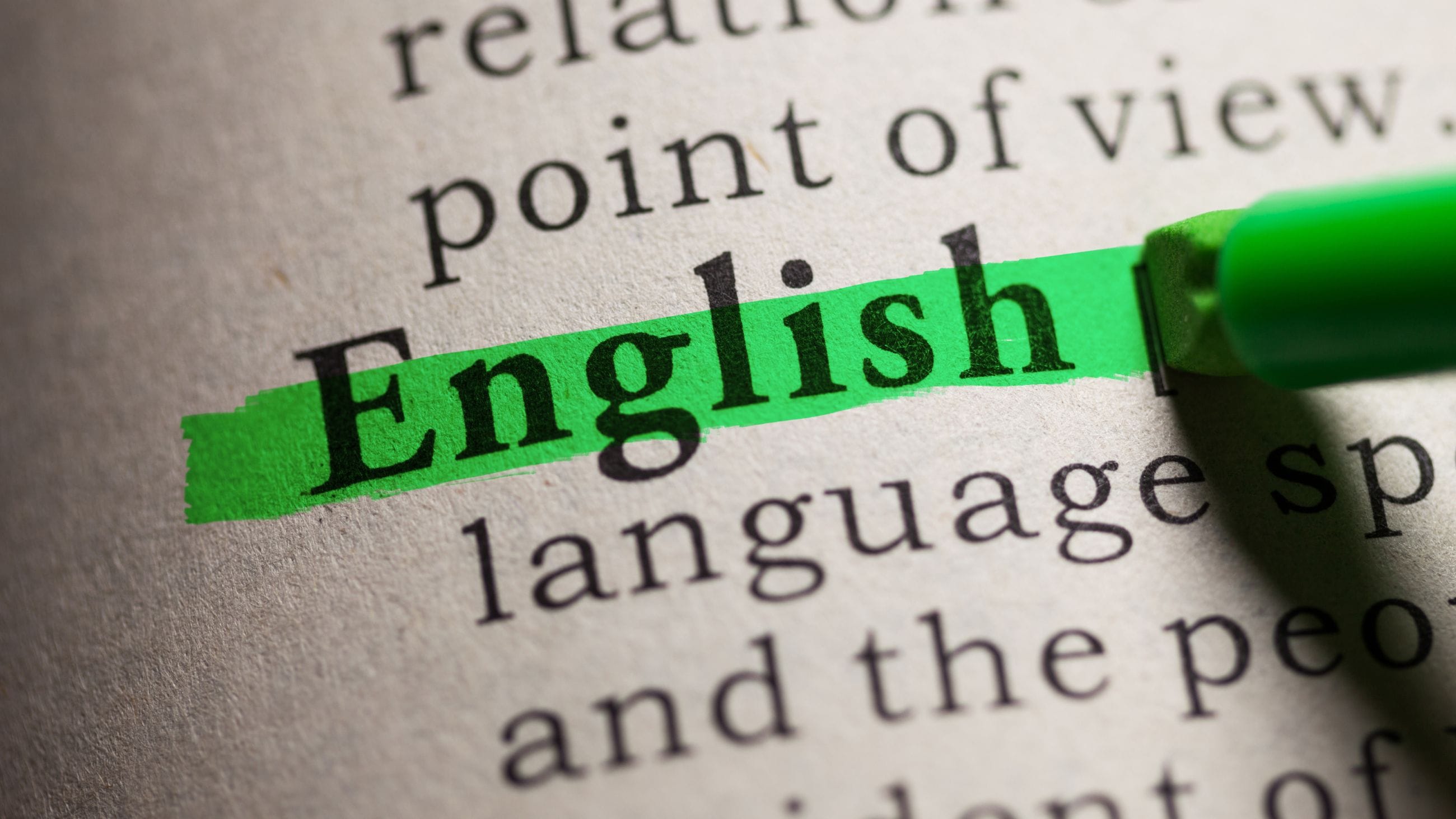Educational Tour: The National Assembly of Tanzania
Discover Tanzania's Legislative Process at the Bunge in Dodoma

Introduction to Student Tours
The National Assembly of Tanzania (Bunge) in Dodoma offers educational tours for students to witness democracy in action. These tours provide a unique opportunity to observe the legislative process firsthand and understand how laws that govern Tanzanian society are made.
Through guided tours, students can explore the parliamentary chambers, learn about the history of Tanzania's legislature, and observe parliamentary sessions when in progress. This immersive experience brings civic education to life and helps students understand their role as future citizens and leaders.
Educational Focus: The tours specifically focus on Tanzania's legislature and the process of making laws, providing students with practical understanding of governance and democracy.
Educational Benefits for Students
Visiting the National Assembly offers students numerous educational benefits that complement their classroom learning:
Civic Education in Action
Students witness democracy and governance processes firsthand, transforming abstract concepts from textbooks into tangible experiences.
Understanding Law-Making
Observing parliamentary sessions helps students comprehend how bills become laws and the rigorous process involved in legislation.
Leadership Structure
Students learn about the hierarchy of parliamentary leadership and the distinct roles within the legislative branch.
Democratic Participation
The tour inspires students to become active, informed citizens who understand their rights and responsibilities in a democracy.
Career Inspiration
Exposure to parliamentary proceedings can inspire interest in careers in law, public policy, governance, and leadership.
National Perspective
Students gain a broader understanding of national issues and how they are addressed through the legislative process.
Hierarchy of Parliamentary Leadership
The National Assembly operates with a clear leadership structure that students will learn about during their tour:
Key Leadership Roles:
- The Speaker: Presides over parliamentary sessions, maintains order, and ensures procedures are followed correctly.
- The Deputy Speaker: Assists the Speaker and presides over sessions in the Speaker's absence.
- Members of Parliament (MPs): Represent constituencies, debate legislation, and serve on parliamentary committees.
- Leader of Government Business: Coordinates government legislative agenda in Parliament.
- Chief Whip: Ensures party discipline and attendance during important votes.
The Legislative Process: How a Bill Becomes Law
During the tour, students will learn about the comprehensive process through which bills become laws in Tanzania:
1 Bill Introduction
A bill is formally introduced in Parliament by a Minister or Private Member. It receives its first reading where the title is read aloud.
2 Second Reading
The principles of the bill are debated. MPs discuss the general merits and demerits of the proposed legislation.
3 Committee Stage
The bill is examined in detail by a relevant parliamentary committee. Amendments may be proposed and considered.
4 Report Stage
The committee reports back to the full House, presenting any amendments made to the bill.
5 Third Reading
The final version of the bill is debated. Only minor amendments can be proposed at this stage.
6 Presidential Assent
After passing through Parliament, the bill is sent to the President for assent before becoming law.
Tour Information and Highlights
Student tours of the National Assembly are carefully structured to maximize educational value while ensuring safety and appropriate conduct.
Typical Tour Structure:
- Orientation: Introduction to Parliament's history, functions, and importance
- Chamber Visit: Tour of the main parliamentary chamber and observation gallery
- Session Observation: Watching parliamentary proceedings when in session
- Educational Session: Interactive discussion with parliamentary staff
- Q&A Session: Opportunity for students to ask questions about Parliament
Tour Highlights:
Conclusion
A tour of Tanzania's National Assembly in Dodoma offers students an invaluable educational experience that brings civic education to life. By observing parliamentary sessions, understanding the legislative process, and learning about the hierarchy of parliamentary leadership, students gain practical knowledge about how their government functions.
This firsthand exposure to democracy in action helps create informed, engaged citizens who understand their role in Tanzania's democratic processes. The experience complements classroom learning and inspires students to consider careers in public service and leadership.
Educational Impact: Students return from these tours with a deeper appreciation for Tanzania's governance systems and a better understanding of how they can participate in shaping their nation's future.






